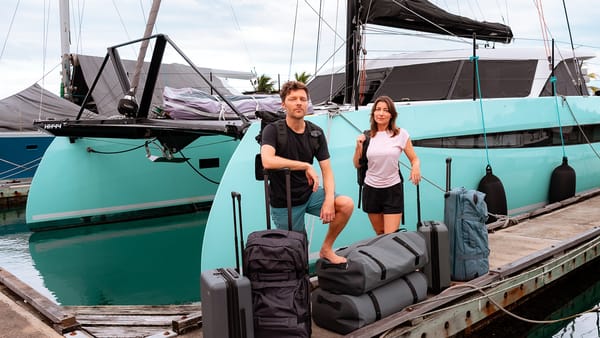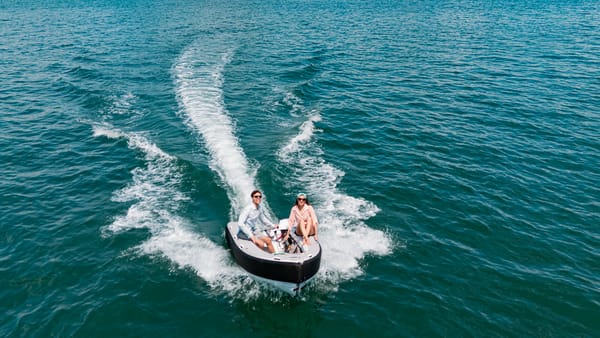International Healthcare As A Nomad

When we dream about exploring the world we envision dramatic landscapes, swimming with whales, and exciting new food. Not exotic rashes, food poisoning, or dengue fever.
So, what happens if you get deathly ill at sea? Or have a serious injury on a remote island? What do you do about regular doctor’s visits while in a foreign country?
All good questions we’ll get to shortly. But first, we’re in Thailand and I (Nikki) needed to see an ENT and get all of our regular checkups done (OBGYN, Dentist, Dermatologist). So we thought why not get it all done and then some!?!
Jason passed out, had a wardrobe malfunction and I got some stuff shoved up my nose. It turned out to be a much bigger (and cheaper) adventure than we expected!
An Ounce of Prevention is worth a Pound of Cure
Just as we maintain our boat to prevent aging and fatigue, we need to maintain our bodies and minds. Something we haven’t been as good at as we would like…but we are working on it! We read The 4 Hour Body years ago and learned a lot from that book. But we recently read Outlive by Dr. Peter Attia and it was such a clear, scientific picture. Preventative health is the key to a long, happy life. It has re-motivated us to get serious about our overall well being. Because we have a lot of exploring ahead of us! We highly recommend the book but here are a few of our favorite optimizing health and well being podcasts (one by the author of Outlive).
- The Drive: https: peterattiamd.com/podcast/
- Huberman Lab: hubermanlab.com/
- The Art of Being Well: drwillcole.com/podcast
- Tim Ferriss Show: tim.blog/podcast/
And of course, drink your vitamins! Because it’s almost impossible to get everything our bodies need from food. So we fill in the nutritional gaps with AG1: drinkAG1.com/gonewiththewynns
International Health Insurance
We sailors and digital nomads don’t live in a world built with us in mind. Domestic health insurance doesn’t work abroad and while some countries may have universal health coverage for their citizens, that doesn’t mean they will fit the bill for us travelers (in most cases, they won’t). Even if you are lucky enough to be a citizen of a country with a good health program, it won’t do you any good if you aren’t in your home country.
Thankfully, there are plans tailored for all types of traveling lifestyles. And we are not talking about old-school travelers’ insurance aimed at the typical vacationer. We’re talking legit global health plans for full time travelers and expats.
In 2022 I had my first surgery in a foreign country and filed my first claim with my international health insurance. So, right after that, it felt like a good time to cover the subject of healthcare abroad. The costs, quality of care, and in general share what we’ve learned over the years from our smattering of global medical experiences.
Quality of Care Abroad
Overall, we’ve been able to find caring, knowledgeable, and experienced doctors throughout our travels. In some places, like Panama, South Africa, Thailand and New Zealand, we have experienced an incredible quality of care at a fraction of what it would cost in the USA.
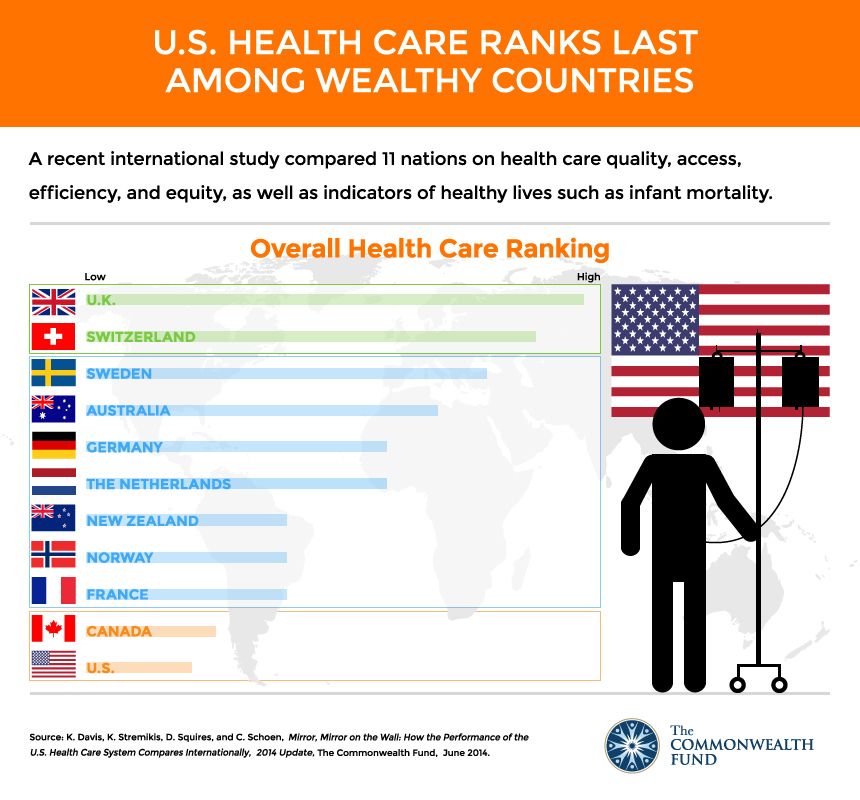
Research. It’s the key to setting realistic expectations and planning out routine appointments. There will be a few countries, or remote areas, you’ll want to be self-sufficient and avoid medical services. But there will be some countries you will want to get everything taken care of and then some!
- Check your local government sites and the country you are visiting for any advisories:
- IAMAT has a lot of good information – https://www.iamat.org/general-resources
- The CDC lists a lot of resources: https://wwwnc.cdc.gov/travel/page/travel-information-centers
- Ask your fellow travelers. May seem obvious but it’s also a great way to get a recommendation for a good doctor.
- General internet searches like “health care as a traveler in (country you are traveling to)” .
Medical For Extreme Remote Travel
For the extremely remote islands we’ve been to, the services and facilities have been bare bones. On some islands, there is nothing…because there are no people. In these cases, we have our satellite communications and make sure to come fully prepared to take care of ourselves.
We have insurance that includes telemedicine, emergency evacuation and repatriation. We have taken first-aid classes and have had some additional training on severe wounds.
We have an extensive medical kit specially designed for sailors who might not have access to a hospital or trained medical personnel. These kits can be purchased online or at boat shows. They are great for most situations and you can always add extras to suit your needs.
- Our Adventure Medical Kit: https://amzn.to/3tbiW3t
- Variety of Medical Kits (including ones for pets): https://amzn.to/3QpR5IX
If you want to really kick it up a notch, some companies specialize in offshore medical training, telemedicine & custom kits used by cruisers and professional Yachts. Like these:
FREE Ships Captains Medical Guide
If nothing else (or in addition), download the Ships Captains Medical Guide. It is put together by the UK government for practical medical guidance (non-doctors) working onboard a ship. It covers just about everything including basic first aid, poisoning, sexually transmitted diseases, and how to deal with a burial at sea.
You May NEED Proof of Insurance to Travel
More and more it’s becoming a requirement to have international health insurance to enter certain countries. Especially as sailors or anyone applying for visas. For example, Panama and New Zealand both requested we have proof of health insurance before they approved our visa.
Murky Waters of Global Health Insurance
There are a lot of different options out there and they are NOT created equal. It’s all in the details and what your specific needs are. But it’s also about the reputation of the insurer. No point in paying for insurance if they don’t pay the claims.
There are websites like TrustPilot that have reviews, but navigating the murky waters of health insurance isn’t my forte. This is why we use an agent. Having an agent doesn’t cost us anything extra, but it means we can get quotes from multiple companies all at once. And, we have someone who can help guide us to the right plan based on our style of travel, locations, and needs.
Arno has been our agent for several years now. He is a fellow traveler and sailor who makes it his business to know all the plans, which company has a good reputation, and which doesn’t. He helps travelers from all over the world. A quick glance at his website will give you an idea of some of the companies and services out there. We don’t get anything if you click or buy insurance through him…but if you reach out, tell him we sent you.
Some things to consider
- What countries are covered? Some companies are specific to a handful of neighboring countries while others cover practically every country except a handful of ones where health care is more expensive, such as the USA. (For example, our insurance works anywhere in the world except the USA). To include these, you can expect an additional cost or you may be required to purchase another plan entirely to cover that one “special” place.
- Types of Coverage: Most policies will have a huge list of treatments that are both covered and not covered. If service is not covered automatically, you may be able to add it such as dental, vision, maternity, physical therapy, and mental health services.
- Sports/Diving? Sports can be something as benign as hiking – you don’t want to find out you’re not covered after you break your leg on a tree root.
- Emergency health coverage, evacuation, and repatriation.
- Pre-Existing and chronic conditions: I don’t have a lot of experience with this, but I have heard both good and bad stories. Read the fine print and understand exactly what you are covered for and if there are limits or special requirements.
- Telemedicine: Access to doctors through phone, email, or video. Very handy in remote areas or when there are limited healthcare facilities.
Our Health Insurance
The premiums for international health insurance vary dramatically. Because there are so many factors like age, location, medical history, and coverage needs. There is no such thing as a straightforward comparison of plans because no two plans are the same. Different levels of coverage, limitations, and exclusions, each of which affects the overall cost of a plan.
So, take these numbers with a grain of salt.
Our current plan (2023) is through a company called Expatriate (purchased through Arno we mentioned above). It is a Catastrophic plan that cost us just under $2100 for our premium and has a deductible of $5500 per incident.
Our catastrophic plan ONLY covers emergencies or major medical procedures. Catastrophic plans are the most affordable because we pay out of pocket for general care. Which outside of the USA isn’t a big deal because, in comparison, it can be very affordable!
Our insurance works worldwide (excluding the USA). If we spend time in our home country, we would need to get a USA-specific plan for while we are there.
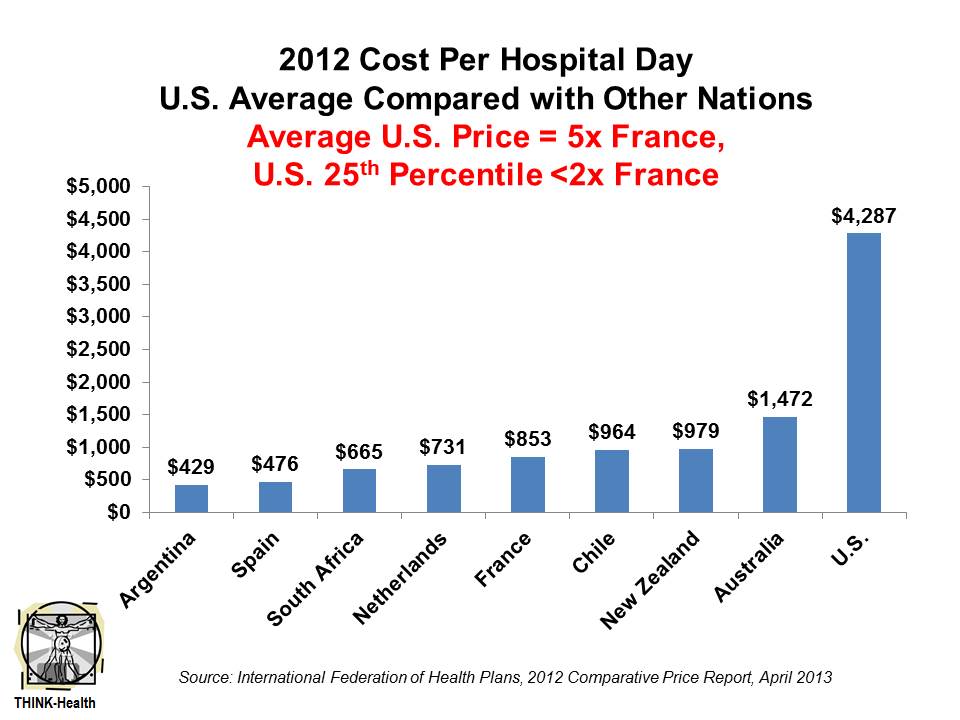
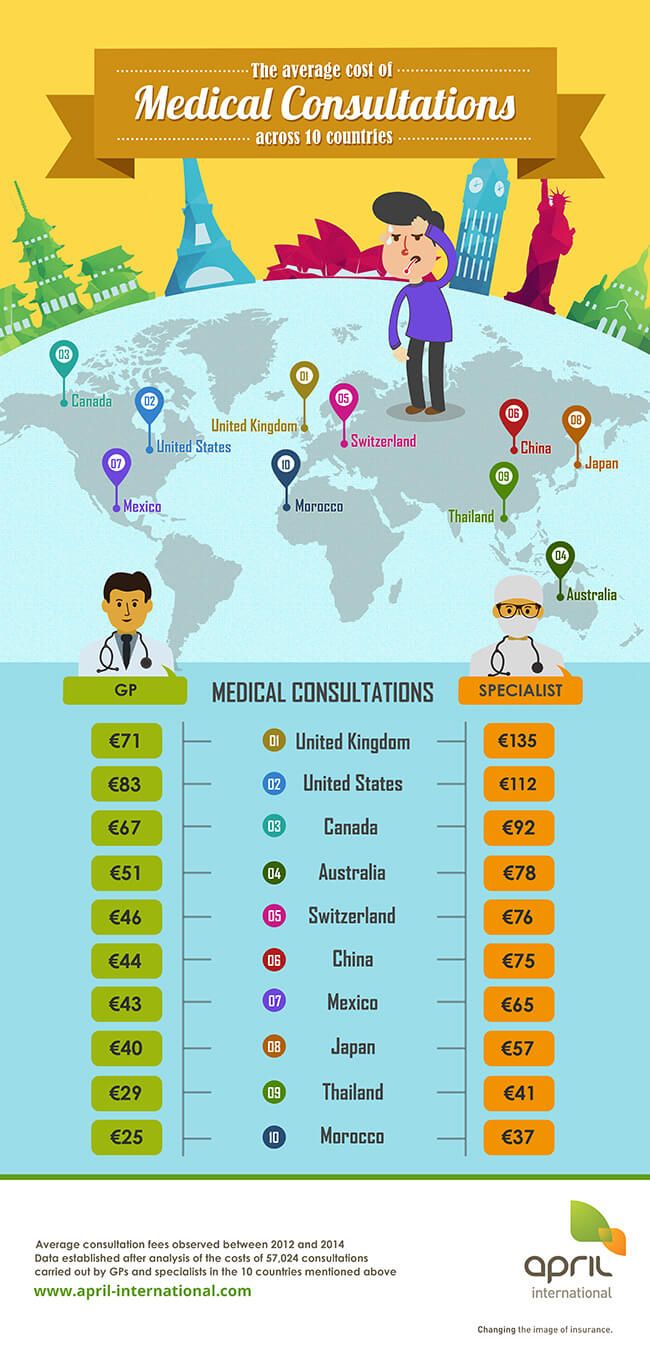
Medications
We’ve found Meds and prescriptions are easy to get, and easy to stock up on as we travel. It’s common to have a doctor write an extra prescription, or even recommend ones as a precaution for our travels. Especially as offshore sailors. If you are headed into an area with malaria or want some broad-spectrum antibiotics or steroids to keep on the boat, just ask.
Anytime we schedule a consultation with a doctor, we check our medical kit and make notes on what we need to update. We tell the doctor about our situation, where we’re sailing and what the scrips are for. So far we’ve never been told “no”. For safety at sea, we keep a wide variety of prescriptions in our kit with notes on what they treat such as “bacterial infection” or “severe sinus infection”.

Final Thoughts
We’re not experts and can only speak from our own experiences. But from our 13+ years of travel, we’ve found healthcare abroad can be great…as long as you’re prepared and do a little research on the area you are visiting in advance.
If you have questions or want us to elaborate on something, drop us a note down below. I can’t promise I will have the answer, but we’ll do our best.
🙏THANK YOU!
This article and video are made possible because of you! If you like what you see, there are lots of ways you can show your support.


